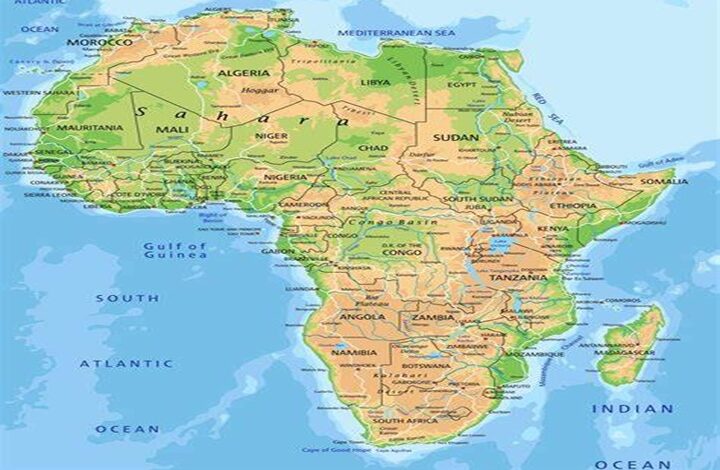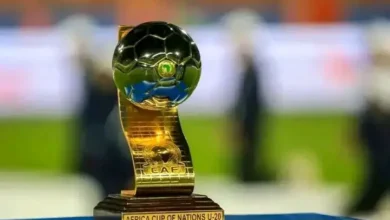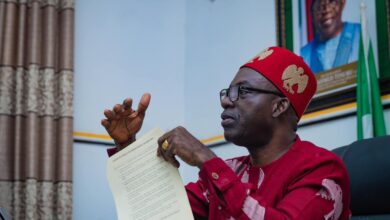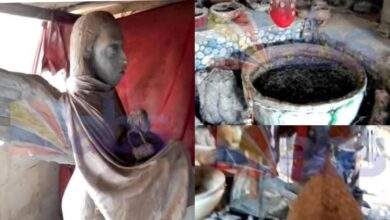The invisible chains that bind a Continent

Africa, often celebrated as the cradle of civilization, stands as a continent rich in culture, history, and potential.
Despite Africa’s remarkable contributions to humanity, it remains trapped by mental constraints that are more insidious than physical chains.
These invisible barriers, rooted in colonial narratives and distorted identities, continue to hinder progress by fostering dependence and self-doubt.
Consequently, the continent struggles to fully realize its potential because of these deeply ingrained psychological limitations.
Most importantly, Africa’s key struggles occur within the minds of its people, not on literal battlegrounds or diplomatic stages.
Indeed, shaping perceptions, attitudes, and beliefs is essential for fostering progress and overcoming internal challenges.
Consequently, investing in education and awareness becomes crucial, as these tools can shift perspectives and inspire change.
Furthermore, empowering local communities through dialogue and mental resilience efforts helps build stronger, more united societies.
Ultimately, transforming mindset differences into collective strength can drive Africa forward, beyond conflicts rooted in psychological barriers.
These conflicts stem from lingering colonial influences, which created feelings of inferiority and dependence that persist across generations.
As a result, many still believe their cultures and innovations are secondary, undermining their confidence and stifling true progress.
Imagine a lion, majestic and powerful, gazing into a mirror. Instead of its fierce face, it sees a gentle dog reflected back.
This vivid image symbolizes Africa’s current mental state—a stifled and confused identity, disconnected from its true strength.
It highlights how Africa’s once commanding presence has been diminished by external influences and false narratives.
Over the years, external voices have persistently depicted Africa as fragile and in need of rescue, shaping perceptions and self-views.
Consequently, this mental imposition hampers the continent’s confidence, clarity, and ability to fully reclaim its history and power.
Therefore, it is crucial to challenge these narratives and reignite Africa’s authentic roar and innate resilience.
This narrative obscures the truth: Africa’s foundation is not flawed, but buried under layers of self-doubt and misplaced priorities.
The mental chains binding Africa reveal themselves through distinct yet interconnected ways.
Firstly, many believe success equates to adopting Western ideals, accents, or lifestyles, reinforcing dependency.
Secondly, indigenous knowledge and cultural heritage are often undervalued, diminishing their importance for progress.
Additionally, the idea persists that progress depends solely on external aid or validation, ignoring local innovation and strength.
By understanding these manifestations, Africa can begin to challenge these limiting beliefs and foster true self-reliance.
These invisible chains have created a psychological dependency that stifles innovation and undermines confidence.
Yet, it is important to recognize that Africa is not inherently captive.
Its spirit remains unshackled by borders or colonial legacies; instead, mental barriers, forged over centuries, hinder its true potential.
The path to true liberation lies not in external interventions or economic strategies alone but in a collective mental emancipation—a reawakening to Africa’s intrinsic worth and potential.
Breaking free from this mental captivity requires a paradigm shift. It demands that Africans reclaim their narratives and redefine success on their own terms.
Education must play a central role in this transformation—not just formal education but also cultural education that emphasizes pride in African heritage, languages, and traditions.
Media and storytelling can also serve as powerful tools to reshape perceptions, highlighting African achievements and fostering a sense of collective pride.
Moreover, leadership across all sectors must prioritize mental liberation as a cornerstone of development.
Policies should encourage innovation rooted in local contexts and celebrate indigenous knowledge systems.
Investments in arts, culture, and history can help rekindle a sense of identity and belonging among African youth, empowering them to see themselves as architects of their future rather than passive recipients of external solutions.
The journey toward mental liberation will not be without challenges. Centuries of conditioning cannot be undone overnight. However, small but consistent steps can lead to profound change. When individuals begin to believe in their own potential—when they see their cultures as assets rather than liabilities—the collective mindset will shift. And with this shift will come a resurgence of Africa’s roar: bold, unapologetic, and unmistakably powerful.
In conclusion, Africa’s greatest battle is not against external forces but against the invisible chains that have taken root in the minds of its people. The continent’s future depends on its ability to break free from these mental constraints and embrace its true identity. By fostering a culture of self-belief, pride, and resilience, Africa can rise above the shadows of its past and step confidently into its rightful place on the global stage.
The time for mental liberation is now. Let Africa rediscover its roar and remind the world that its strength lies not in imitation but in authenticity. As the saying goes, “The lion does not need to imitate the dog to prove its might.”
Africa’s roar has only been silenced temporarily; now, it is time for it to resound globally again.
The greatest freedom is freedom of the mind.
Post Views: 42





